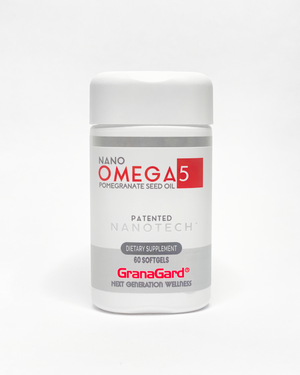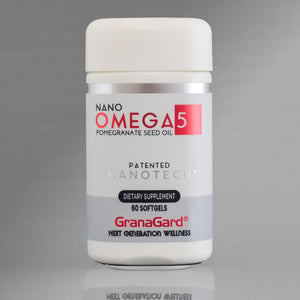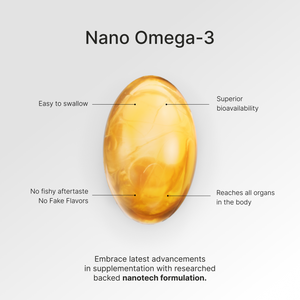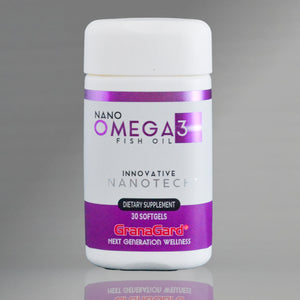Unlocking the Secrets of Aging: Exploring the Role of Antioxidants and Omega Fatty Acids
It's challenging to discern between the natural aging process and pathological developments that occur with age. Let's delve into their interconnection.
Today, the consensus dismisses the notion of a singular gene governing aging or determining lifespan. Instead, it's understood that there exists a genetic program. While genes are omnipresent, their expression occurs in defined periods of life, often after reaching maturity.
The Role of Telomeres in Aging
A hallmark of aging lies in the limited capacity of cells to divide and replicate, crucial for repairing wear and tear within tissues. Dr. Calvin Harley's discovery revealed that old cells possess shorter chromosomes, particularly in the terminal regions known as telomeres. With each division, telomeres shorten until a critical point is reached, impeding further cell division.
However, most people succumb to mortality long before exhausting their cell division potential. Despite telomere shortening, cells may persist but exhibit functional alterations, often stemming from DNA segment abnormalities.
Oxidative Stress and Aging
Our DNA endures approximately 10,000 base changes (mutations) daily, predominantly induced by free radicals. While most changes are rectified automatically, some persist. As age advances, the accumulation of free radicals escalates, inflicting substantial damage to biomolecules such as DNA, organs, and tissues.
This surge in free radicals post-maturity isn't solely attributed to heightened metabolic processes but rather a cumulative effect of environmental factors and diminished internal antioxidant defenses with age.
Antioxidants and Aging-Related Diseases
Scientific evidence links chronic degenerative diseases, including atherosclerosis, Alzheimer's, Parkinson's, and type 2 diabetes, to oxidative stress. Antioxidants play a pivotal role in combating these processes, as evidenced by "blue zones" worldwide, where populations exhibit remarkable longevity and cognitive vitality, attributed significantly to antioxidant-rich diets.
Experimental studies further corroborate the efficacy of antioxidants. For instance, supplementation improved cognitive performance in aged gerbils, akin to younger counterparts.
Omega-3 and Omega-5: Enhancing Antioxidant Benefits
In addition to antioxidants, omega-3 and omega-5 fatty acids found abundantly in pomegranates offer further health benefits. These essential fatty acids mitigate inflammation, bolster heart health, and enhance cognitive function. Incorporating pomegranates into the diet provides a natural source of these beneficial nutrients, augmenting the overall health benefits.
Choosing the Right Antioxidant: GranaGard®
To counteract the oxidative imbalance induced by modern lifestyles, supplementation with potent antioxidants becomes imperative. Not all antioxidants are equal; they vary in antioxidative capacity and the ability to traverse barriers such as the blood-brain barrier. GranaGard®, a natural antioxidant extracted from pomegranate seed oil, formulated with nanotechnology, offers comprehensive protection by permeating all barriers and membranes.
Don't let oxidative stress steal precious years of vitality from you. Safeguard your health today with GranaGard®.





